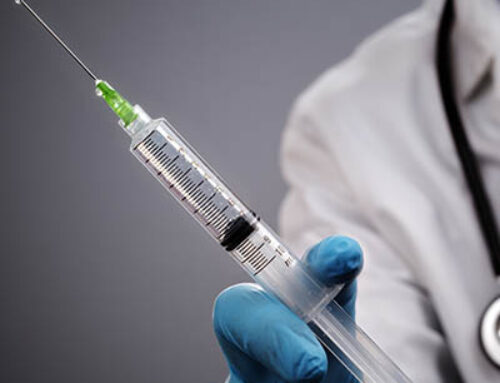
–
–
Testosterone withdrawals are a real and serious condition. If you are experiencing them, it is important to get the facts and learn all you can about the condition so that you can receive the best possible treatment. This blog post will provide you with the basic information you need to know about testosterone withdrawals. Keep reading to learn more!
What Are Testosterone Withdrawals and What Its Symptoms
Testosterone is a hormone that is produced by the testicles in men and ovaries in women. It is responsible for the development of male characteristics such as facial hair, deepening of the voice, and increased muscle mass. Testosterone levels typically peak during adolescence and early adulthood. However, male sex hormone testosterone levels can decline with age, resulting in a condition known as hypogonadism.
Testosterone replacement therapy (TRT) is a treatment option for men who have symptomatic low testosterone levels. However, similar to steroid withdrawal symptoms, there is a risk of developing testosterone withdrawal syndrome (TWS) when TRT is discontinued. TWS is a condition characterized by the re-emergence of symptoms that were previously improved by TRT. These severe withdrawal symptoms can include fatigue, depressed mood, reduced libido, and hot flashes.
The exact cause of TWS is not known. However, it is thought to be related to the body’s inability to produce enough male sex hormone testosterone on its own once TRT is discontinued.
How to Deal with Testosterone Withdrawals
If you’re considering TRT, it’s important to discuss the potential risks and benefits with your doctor. Aside from relying on natural testosterone production, TRT can be an effective treatment for andropause, but it’s not right for everyone. Weight gain is a possible side effect of TRT, so it’s important to weigh the pros and cons carefully before starting treatment.
In addition to TRT, there are a few lifestyle changes you can make to help ease severe withdrawal symptoms of andropause and improve your overall health:
- Get regular exercise: Exercise can help increase testosterone levels, relieve stress, alleviate mood swings, prevent brain fog, and even prevent you from losing muscle mass.
- Eat a healthy diet: A healthy diet can improve hormone levels, boost energy, and promote weight loss.
- Get enough sleep: Sleep is important for overall health and well-being, especially for steroid users. It can also help improve testosterone levels.
- Reduce stress: Stress can interfere with hormone production and exacerbate symptoms of andropause and erectile dysfunction. Reducing stress can help improve hormone levels and alleviate symptoms.
- Quit smoking: Smoking can interfere with hormone production and worsen symptoms of andropause. Quitting smoking can help improve hormone levels and reduce symptoms.
How Long Do Testosterone Withdrawals Last?
Same with steroid withdrawal symptoms, testosterone withdrawal usually lasts only a week or two after discontinuing testosterone boosters. However, some men may experience symptoms for longer periods. Symptoms of testosterone withdrawal can include fatigue, decreased libido, and depression.
If you are experiencing any of the symptoms similar to anabolic steroid withdrawal, it is important to talk to your doctor. They can help you determine if you are indeed experiencing testosterone withdrawal and can provide treatment options. Treatment for testosterone withdrawal may include male sex hormone testosterone replacement therapy.
If you have any questions about how long testosterone withdrawals last, or if you are experiencing any symptoms similar to anabolic steroid withdrawal, be sure to speak with your doctor. They will be able to help you determine the best course of action.
The Bottomline
If you are considering testosterone therapy, it is essential to speak with your doctor about the potential risks and benefits. Denver Regenerative Medicine can help you make the best decision for your health. Please get in touch with us if you have any questions or would like to schedule a consultation. We look forward to helping you reach your health goals.




